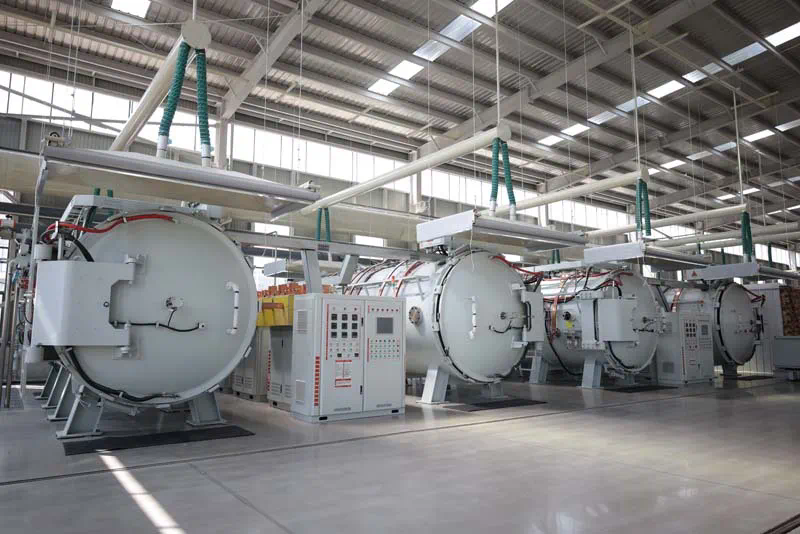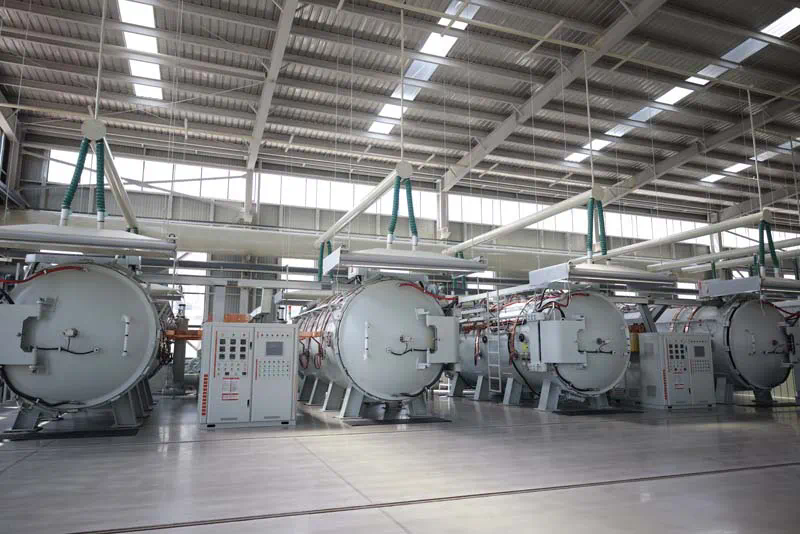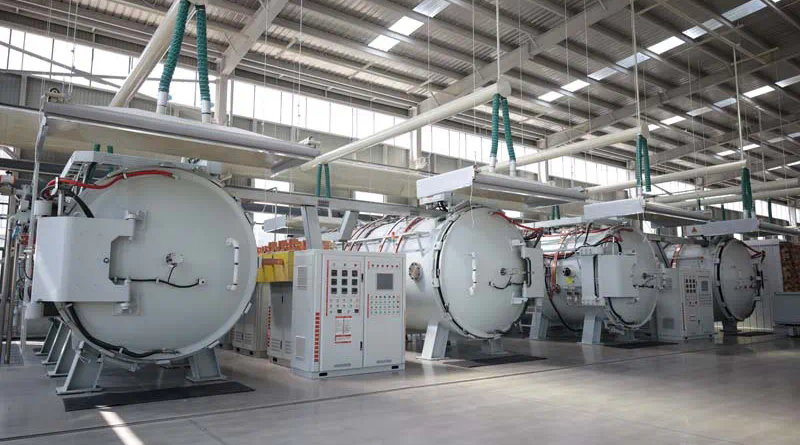The Key Role of Silicon Carbide in Electric Vehicle Batteries
Electric vehicles (EVs) have emerged as a pivotal solution in the global push towards sustainable transportation. Central to the performance and efficiency of EVs are their batteries, which rely on advanced materials to enhance their capabilities. One such crucial material is silicon carbide (SiC), which plays a key role in optimizing EV battery technology.
Understanding Silicon Carbide (SiC)
Silicon carbide is a compound semiconductor material composed of silicon and carbon. Its unique properties make it highly suitable for various applications in power electronics and semiconductor devices. In the context of electric vehicles, SiC is primarily used in power conversion and management systems within the battery pack.
Superior Thermal Management

One of the standout features of SiC is its excellent thermal conductivity compared to traditional silicon-based semiconductors. This characteristic enables more efficient heat dissipation from critical components like power inverters and converters. In an EV battery system, effective thermal management ensures that energy conversion processes remain efficient even under high operational loads and varying environmental conditions.
Enhanced Power Efficiency
Another significant advantage of SiC is its superior electrical properties, including higher breakdown voltage and lower on-state resistance compared to silicon. These properties translate to reduced power losses and improved energy efficiency in EV batteries. By minimizing energy loss during power conversion processes, SiC-based components contribute to extending the driving range and enhancing the overall performance of electric vehicles.
Applications in EV Battery Systems
Power Electronics Integration
Within an electric vehicle, SiC components are integrated into power electronics systems such as DC-DC converters, onboard chargers, and inverters. These systems are crucial for managing the flow of electricity between the battery pack and the vehicle’s motor and auxiliary systems. The use of SiC-based power devices allows for higher switching frequencies and greater control precision, facilitating smoother operation and optimal energy utilization.
Charging Infrastructure
Beyond the vehicle itself, silicon carbide technology also enhances the efficiency of charging infrastructure for electric vehicles. Fast-charging stations equipped with SiC-based power electronics can deliver higher power outputs while minimizing heat generation and energy losses. This capability is essential for reducing charging times and improving the convenience and accessibility of EVs for consumers and businesses alike.
Future Prospects and Developments
As the automotive industry continues to evolve towards electrification, the demand for advanced materials like silicon carbide is expected to grow significantly. Ongoing research and development efforts focus on further improving the performance and scalability of SiC technology for EV applications. Innovations in manufacturing processes and semiconductor design aim to lower production costs and broaden the adoption of SiC across the electric vehicle market.
Environmental Impact

In addition to enhancing vehicle performance, the use of silicon carbide in electric vehicles contributes to reducing greenhouse gas emissions and mitigating environmental impact. By enabling more efficient energy conversion and storage, SiC technology supports the transition towards cleaner transportation solutions and sustainable energy practices.
Conclusion
In conclusion, silicon carbide plays a pivotal role in advancing electric vehicle battery technology through its superior thermal management, enhanced power efficiency, and widespread application in power electronics systems. As the automotive industry continues silicon silicon carbide conductivity electrical carbide blast media to embrace electrification, SiC remains at the forefront of innovation, driving improvements in performance, reliability, and environmental sustainability. With ongoing advancements and expanding capabilities, silicon carbide continues to shape the future of electric mobility, offering promising opportunities for further growth and development in the global automotive sector.
https://tmsmicro.com/
